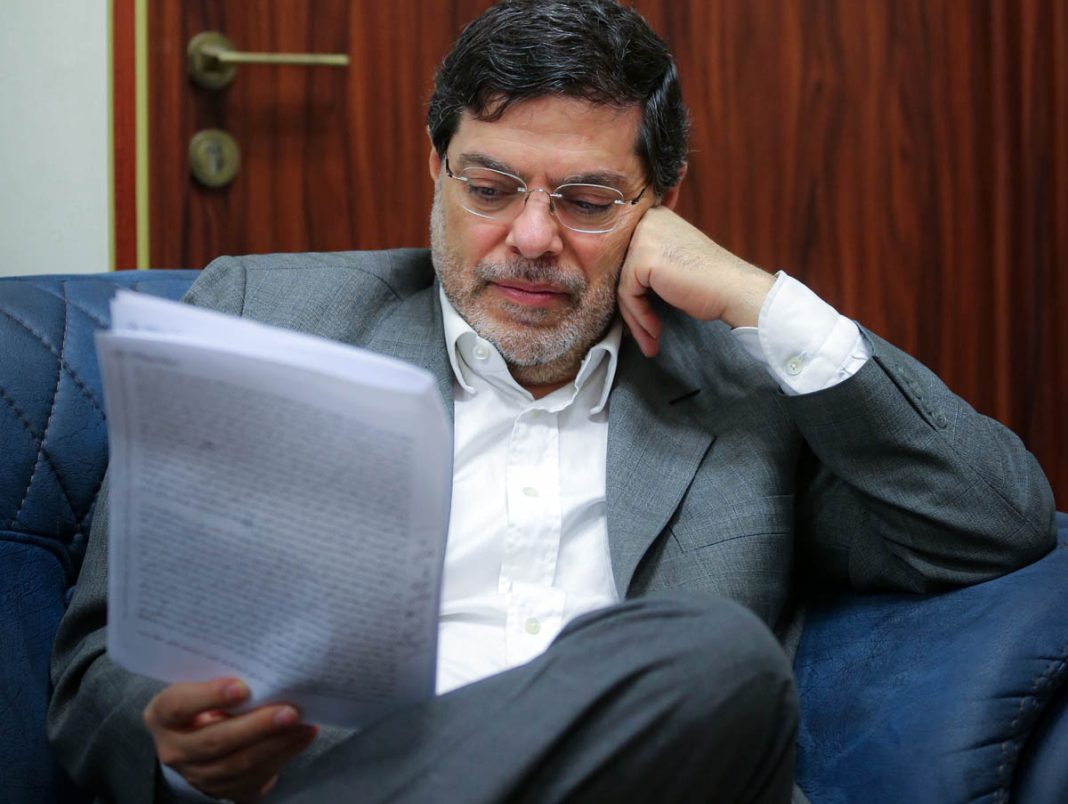Iran wants the Western powers to offer it guarantees before it goes ahead with signing the agreement, Mohammad Marandi told Al Mayadeen on Sunday.
“The Americans and Europeans are in a very difficult position that does not allow them to increase the pressure on Iran,” Marandi said.
Referring to the consequences of European sanctions on Russia, which led to an energy crisis in Europe, Marandi explained that “gas is of great importance at this time, and the Americans and Europeans know it”.
The top advisor accused the director of the International Atomic Energy Agency (IAEA) of being subservient to US policies, saying he implemented whatever Washington dictates.
“Iran is ready to cooperate with the IAEA, knowing that its last questions were not serious,” Marandi continued.
“The Americans are using the IAEA to pressure Iran, and they want to keep some vague clauses to evade the agreement,” he added.
The United States, under former President Donald Trump, abandoned the agreement in May 2018 and reinstated unilateral sanctions that the agreement had lifted.
The talks to salvage the agreement kicked off in the Austrian capital city of Vienna in April last year, months after Joe Biden succeeded Trump, with the intention of examining Washington’s seriousness in rejoining the deal and removing anti-Iran sanctions.
Despite notable progress, the US indecisiveness and procrastination caused multiple interruptions in the marathon talks. Four days of intense talks between representatives of Iran and the five remaining parties to the JCPOA ended on August 8 with a modified text proposed by the EU on the table.
Iran submitted its response to the EU draft proposal on August 15, a week after the latest round of talks wrapped up which the bloc described as “reasonable”. After submitting its response, Tehran urged Washington to show “realism and flexibility” in order to reach an agreement.
The United States, for its part, took several weeks to offer its response to Iran’s comments.
